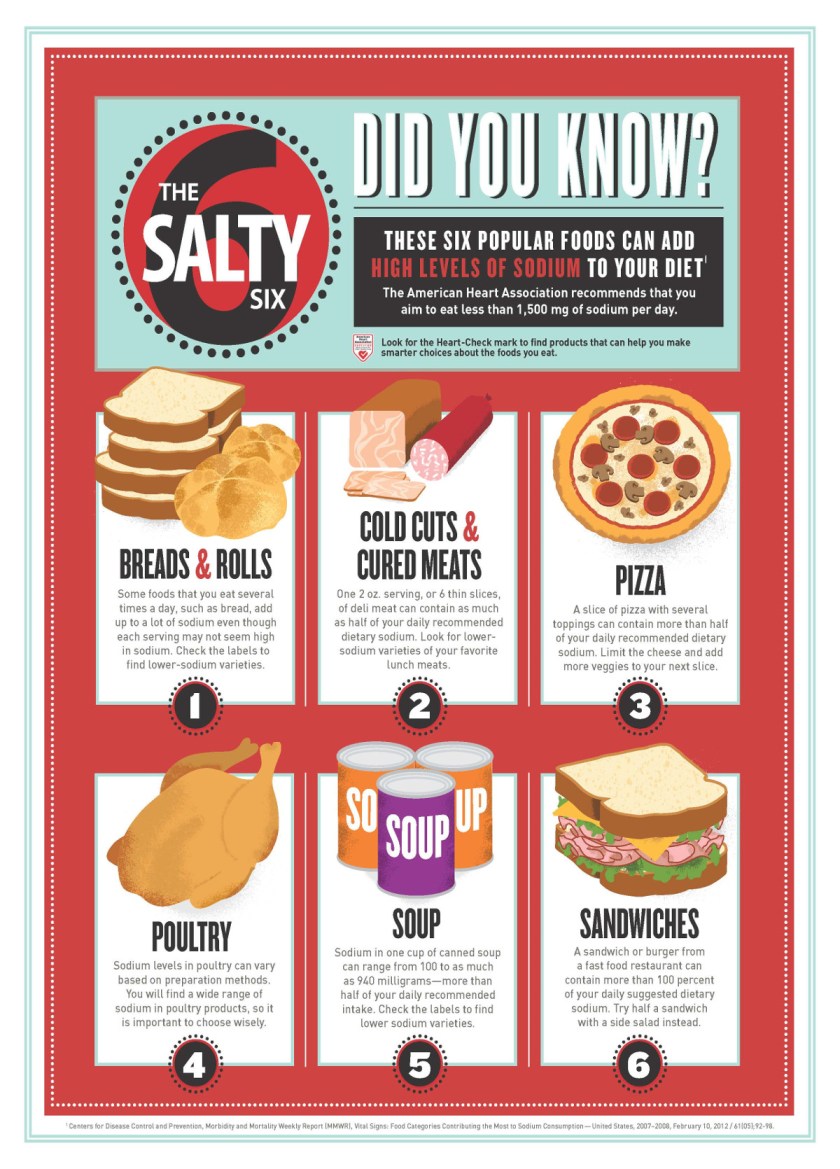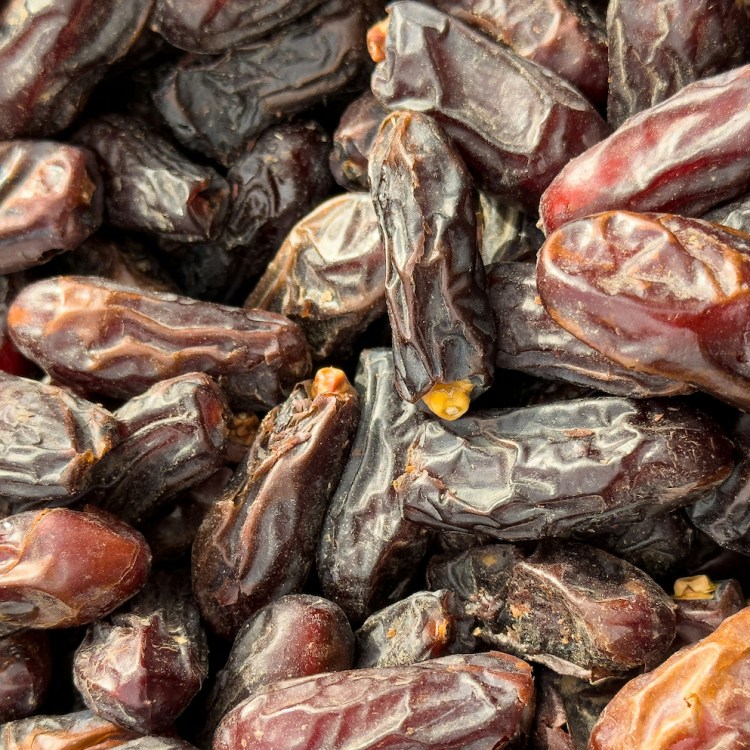
A recent presentation at the American Heart Association annual meeting in New Orleans suggests that some people are genetically predisposed to salt cravings.
The presentation, given by University of Kentucky College of Nursing doctoral student Jennifer Smith, focuses on the gene TAS2R38, whose variations affect their carrier’s distaste for bitter flavors. Smith’s research found that people carrying this gene often exceed the recommended daily salt intake (no more than 2.3 grams of salt per day). They are also less likely to eat heart-healthy greens with bitter flavors.

“We found people who tasted bitter more keenly were in fact 1.9 times more likely to be non-adherent to the sodium guidelines,” Smith said. She added that the test subjects’ overuse of salt could have been to mask bitter flavors in healthy foods.
With salt now considered a major contributor to heart disease, this genetic predisposition may carry serious consequences. However, American Heart Association spokesman Dr. Lawrence Appel referred to the study as “preliminary science,” and claims that more tests are needed.
“These people may need some other flavor alternative to mitigate the gene-induced bitterness,” Appel told CBS, “but you always need replication [studies], because there are always a lot of chance findings in genetic research.”
Still, Smith’s recommendation moving forward is a good one. “There are alternatives you can use to flavor foods, and we need to begin investigating those,” she said. “We can start to look if there are different types of spices or seasonings we can add instead of salt to offset the bitter taste.”
Further research is planned, and will be done with a more ethnically diverse group. Smith and her group expect similar results from future studies, since the bulk of the U.S. population has one of the two gene variants they studied. Learn more info on salt and it’s affect on your health from the American Heart Association
Learn more info on salt and it’s affect on your health from the American Heart Association here.
The Charge will help you move better, think clearer and stay in the game longer. Subscribe to our wellness newsletter today.
























